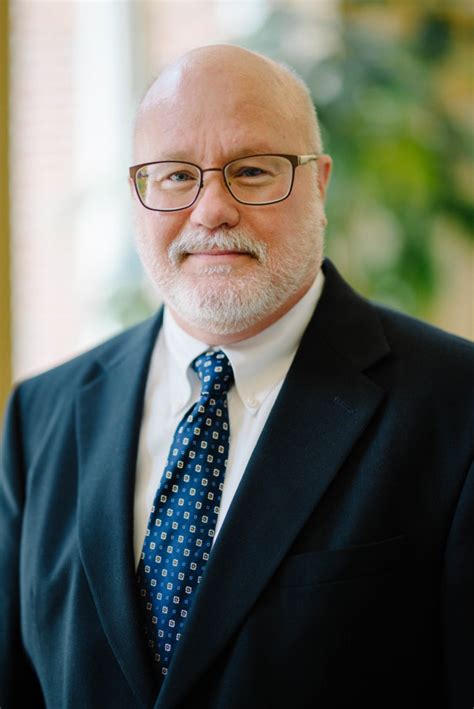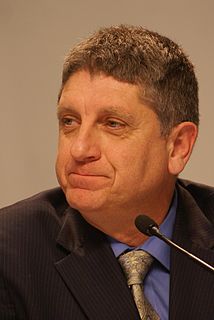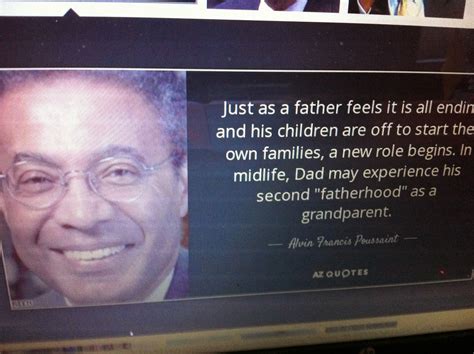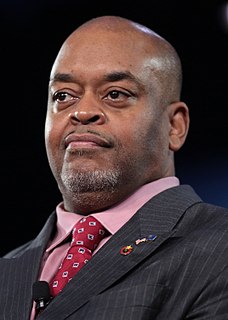A Quote by Jean-Jacques Rousseau
What, then, is the government? An intermediary body established between the subjects and the sovereign for their mutual communication, and charged with the execution of the laws and the maintenance of freedom, civil as well as political.
Related Quotes
These principles have given me a way of explaining naturally the union or rather the mutual agreement [conformité] of the soul and the organic body. The soul follows its own laws, and the body likewise follows its own laws; and they agree with each other in virtue of the pre-established harmony between all substances, since they are all representations of one and the same universe.
The members of a body-politic call it "the state" when it is passive, "the sovereign" when it is active, and a "power" when they compare it with others of its kind. Collectively they use the title "people," and they refer to one another individually as "citizens" when speaking of their participation in the authority of the sovereign, and as "subjects" when speaking of their subordination to the laws of the state.
Democracy maintains that government is established for the benefit of the individual, and is charged with the responsibility of protecting the individual, and is charged with the responsibility of protecting the rights of the individual and his freedom in the exercise of his abilities. Democracy is based on the conviction that man has the moral and intellectual capacity, as well as the inalienable right, to govern himself with reason and justice.
I believe in the United States of America as a government of the people, by the people, for the people, whose just powers are derived from the consent of the governed; a democracy in a republic; a sovereign Nation of many sovereign States; a perfect Union, one and inseparable, established upon those principles of freedom, equality, justice, and humanity for which American patriots sacrificed their lives and fortunes. I therefore believe it is my duty to my country to love it, to support its Constitution, to obey its laws, to respect its flag, and to defend it against all enemies.
We have always been prepared to negotiate with the U.S. government everything that has to do with bilateral relations, on a basis of the strictest mutual respect for the sovereign rights of each country. We will never try to ask the government of the United States to change its economic and political system.
A very wise father once remarked, that in the government of his children, he forbid as few things as possible; a wise legislature would do the same. It is folly to make laws on subjects beyond human prerogative, knowing that in the very nature of things they must be set aside. To make laws that man cannot and will not obey, serves to bring all law into contempt. It is very important in a republic, that the people should respect the laws, for if we throw them to the winds, what becomes of civil government?
I see a lot of individual action when it comes to environmental questions really as a form of politics as a way of communicating with political leaders, much in the same way that acts of civil disobedience during the civil rights' movement were really acts of political communication, trying to get laws changed rather than based on the thought that the individual action would really change the practices of segregation.
As political and economic freedom diminishes, sexual freedom tends to compensatingly increase and the dictator... will do well to encourage that freedom in conjunction with the freedom to daydream under the influence of dope, movies, and radio. It will help to reconcile his subjects to the servitude which is their fate.
The important distinction so well understood in America between a constitution established by the people, and unalterable by the government; and a law established by the government, and alterable by the government, seems to have been little understood and less observed in any other country. Wherever the supreme power of legislation has resided, has been supposed to reside also, a full power to change the form of government.








































